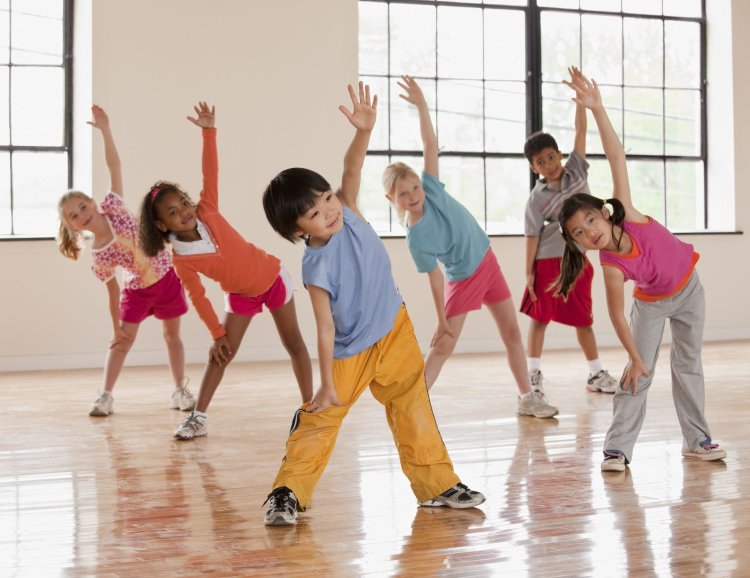How much Exercise useful for children
Regular physical activity is crucial for children's overall health and development. Lets talk about the Topics How much Exercise useful for children.

Regular exercise is highly beneficial for children's physical, mental, and emotional development. Lets talk about the Topics How much Exercise useful for children.
How much Exercise useful for children
Physical Health
Healthy Growth: Exercise helps children develop strong muscles and bones.
Weight Management: It assists in maintaining a healthy body weight and reducing the risk of childhood obesity.
Cardiovascular Health: Physical activity strengthens the heart and improves blood circulation.
Motor Skills: Exercise enhances coordination, balance, and motor skills development.
Mental Health
Stress Reduction: Exercise releases endorphins, which can reduce stress and anxiety.
Improved Mood: Regular physical activity can improve mood and reduce symptoms of depression.
Better Sleep: Exercise can help children sleep better, leading to improved overall well-being.
Cognitive Development
Enhanced Learning: Physical activity has been linked to improved cognitive function and academic performance.
Focus and Attention: Exercise can enhance a child's ability to concentrate and stay focused.
Brain Health: It may promote brain development and protect against cognitive decline later in life.
Social Development
Teamwork: Participation in sports and group activities fosters teamwork and cooperation.
Communication: Children learn to communicate, share, and interact with peers.
Building Confidence: Success in physical activities can boost a child's self-esteem and self-confidence.
Healthy Habits
Lifelong Habits: Encouraging regular exercise sets the foundation for a healthy lifestyle throughout adulthood.
Preventive Health: It can reduce the risk of chronic diseases like diabetes and heart disease later in life.
Also read: Grapes for Good Health: From Antioxidants to Heart Health
Emotional Well-Being
Stress Management: Physical activity provides an outlet for stress and emotional expression.
Self-Expression: Children can use exercise to express themselves and cope with emotions.
It's essential for children to engage in age-appropriate and enjoyable physical activities. These activities could include sports, dance, swimming, biking, and unstructured play. Parents and caregivers play a crucial role in encouraging and facilitating exercise by providing opportunities, being active role models, and creating a positive environment that fosters a love for physical activity.
However, it's also important to strike a balance and avoid overtraining or pushing children too hard in competitive activities. Safety and enjoyment should always be prioritized. Consulting with healthcare professionals or pediatricians for guidance on appropriate exercise levels for specific age groups is advisable.















